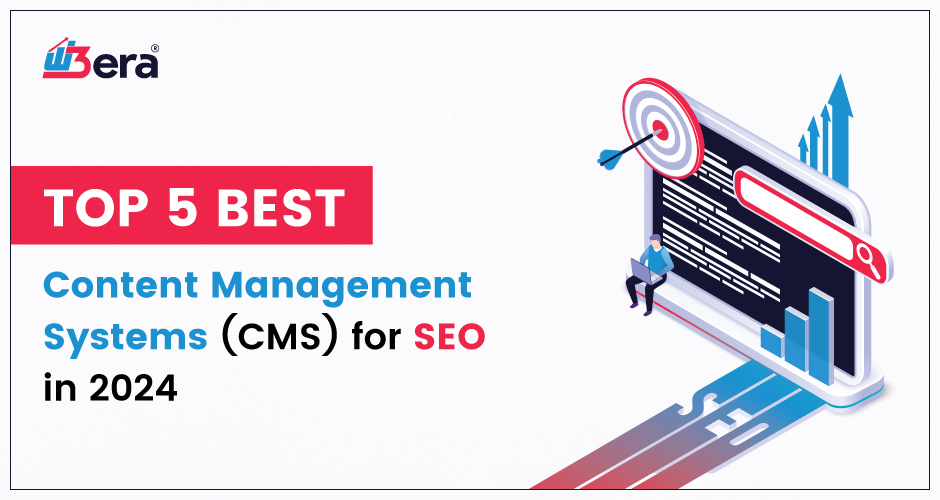
Top 5 Best Content Management Systems (CMS) for SEO in 2025
Published: 2024-10-18
11 min.read
Loading content...
More Realted Blogs:
26 Oct, 2024

02 Apr, 2025

04 Nov, 2024

17 Aug, 2024


Loading content...
More Realted Blogs:




Discover How We Can Help Your Business Grow.

Subscribe To Our Newsletter.Digest Excellence With These Marketing Chunks!
About Company
Connect with Social

Resources

Our Services
Head Office
US Office
Copyright © 2008-2025 Powered by W3era Web Technology PVT Ltd